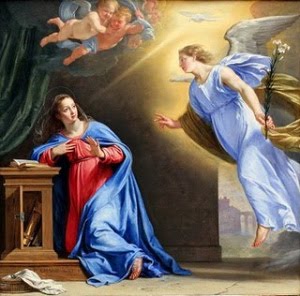This is what the new Code of Canon Law brought out in 1983 says about the matter:
Canon 1251
"Abstinence from meat, or from some other food as determined by the Episcopal Conference, is to be observed on all Fridays, unless a solemnity should fall on a Friday. Abstinence and fasting are to be observed on Ash Wednesday and Good Friday."
Canon Law still requires that Catholics not eat meat on Fridays!
Of course, most Episcopal Conferences have determined that, instead of abstaining from meat, Catholics may perform an act of penance of their choosing. But, do you ever remember to abstain from a particular food or do some other penance on Fridays? And, at any rate, the main rule is still to abstain from meat on Fridays.
It's very interesting to note that the National Conference of Catholic Bishops (the United States' Episcopal Conference) is currently debating whether to rescind the determination and require all Catholics to abstain from meat on all Fridays of the year. The Bishops are considering that a return to meatless Fridays for all Catholics would be of benefit because:
- It is an expression of one's Catholicity; and
- In reparation for the grave sin of abortion.









